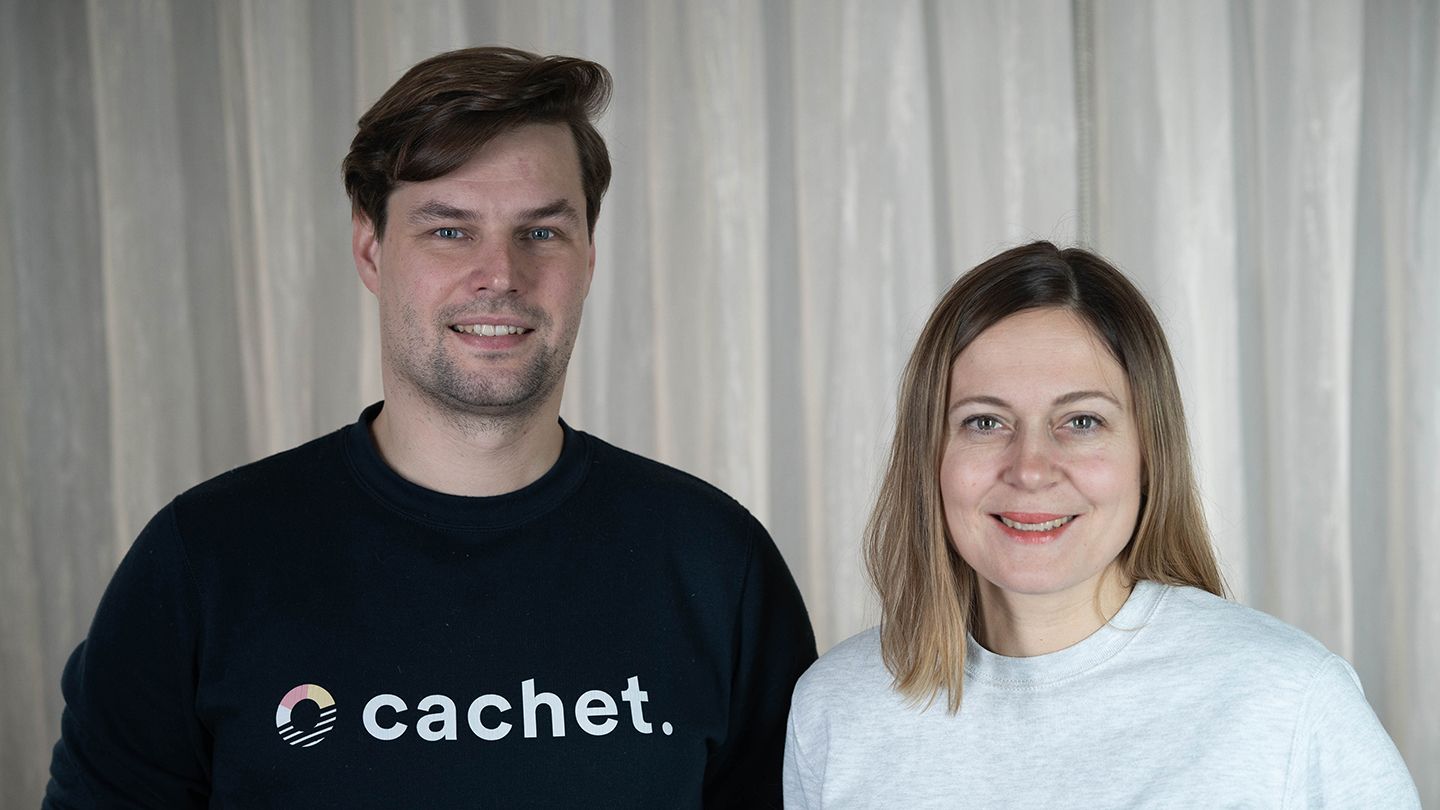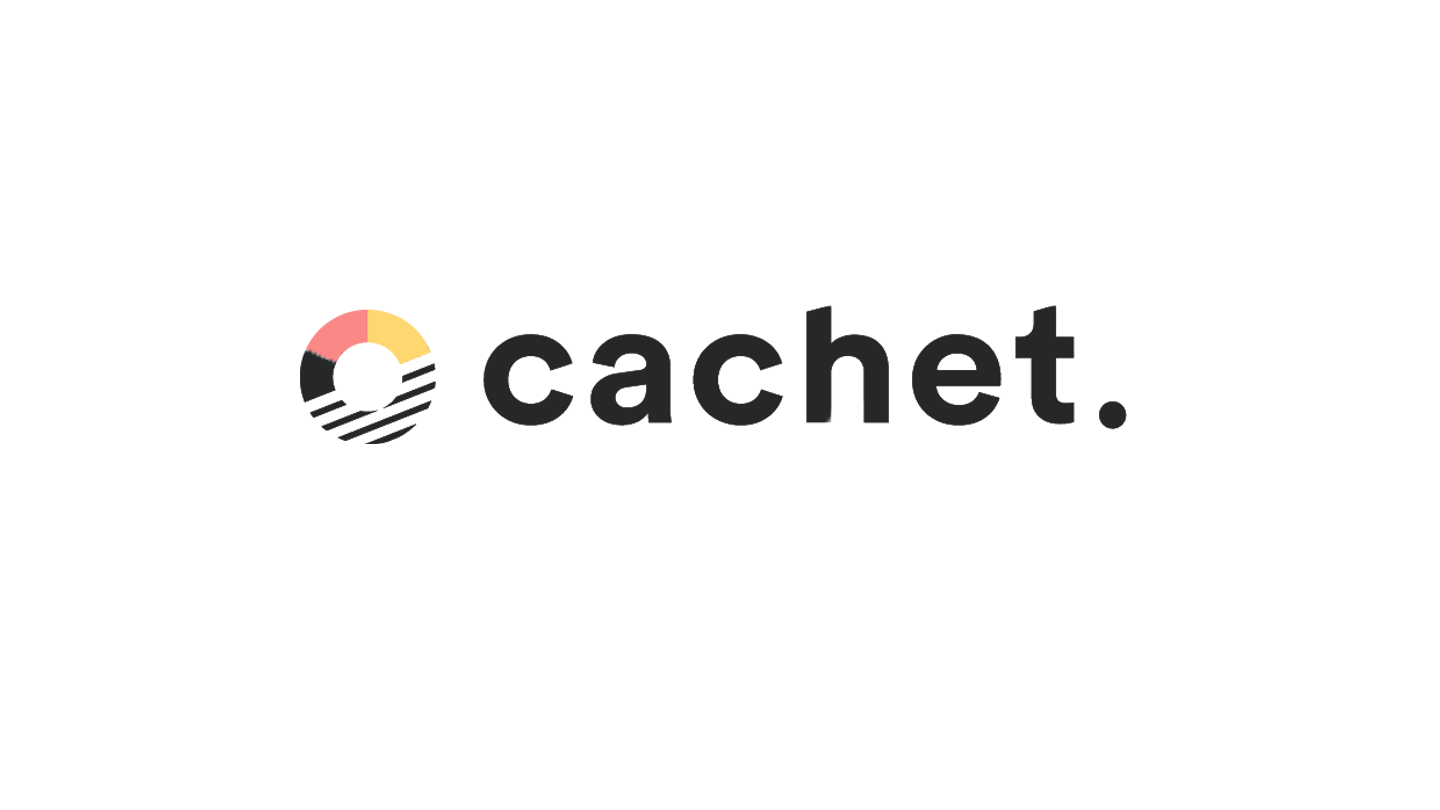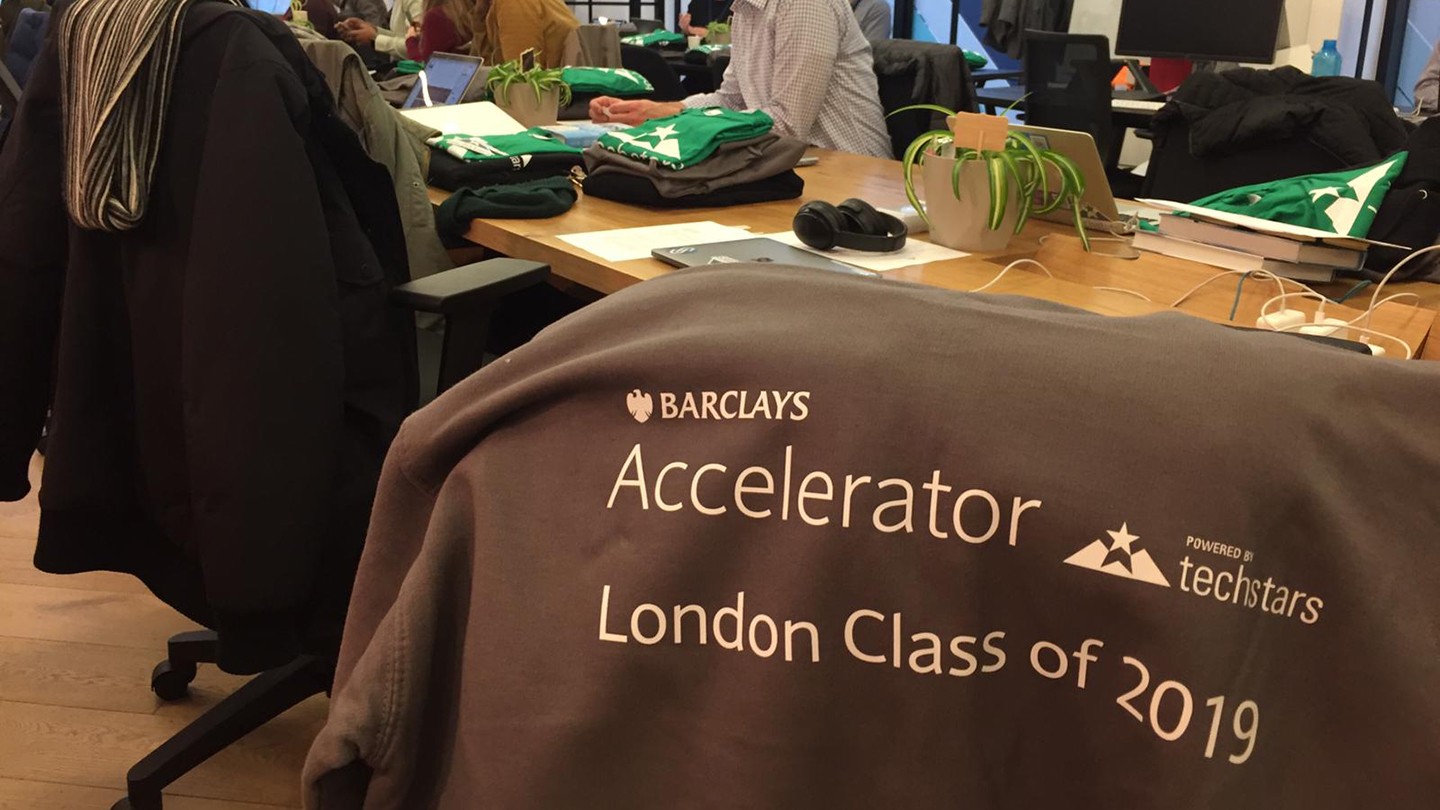
Cachet
Cachet provides a trustee data layer between gig economy platforms and financial service providers aggregating across platforms to enable businesses like insurance companies to sell better priced and personalised coverage.
The gig economy is generating massive amounts of data, but still, very few companies are doing anything with it. We can all imagine Bolt & Uber drivers providing the service, but insurance companies and financial institutions lack the comprehensive data on how much their insured or financed assets are in use.
That’s where Cachet comes in, being a “trustee” data layer between the gig economy platforms and financial services providers. Cachet aggregates and enriches cross-market data of various competing platforms, to have the full market overview, since almost 50% of drivers use multiple platforms at the same time.
Cachet started from the mobility sector because there’s the biggest number of participants and assets to share. The company has agreements and data-sharing with the largest players in the EU: Uber, Bolt, Yandex.taxi. Next up, Cachet has plans for the hospitality and other gig economy sectors.
Cachet was founded in 2018, and last summer, they raised 300k from early investors.

- Hedi Mardisoo - CEO
- Kalle Palling - Co-founder, Head of Sales and Partnerships
Q and A with Hedi Mardisoo, CEO of Cachet
What inspired you to go away and solve the problem you are addressing?
I have always hated being labeled based on pure statistical value, and I don't like to subsidize irresponsible behavior of other people. The gig economy is growing fast, especially the demand side from users. However, financial service providers in many countries are struggling or can't find a motivation to price the insurance, offer loans according to the new dynamic on-demand logic. For example currently, a person who drives 1h a day pays the same price for insurance than the one driving 12h a day. With today's connected world and technological capability, it is simple to personalise offers, predict behavior, and provide guidance to minimize risks to occur.
What's the hardest part of being a founder?
In the beginning, you have to be ready to be a lawyer, finance specialist, product manager, marketing, HR etc all at once. The learning curve is massive, as you will have to keep your operations as lean as possible to get going, but should avoid making stupid mistakes, which you can avoid by reading and learning on your own.
If you weren't building your startup, what would you be doing?
If I weren´t building a startup, I would be thinking about building a startup.
What gets you out of bed in the morning?
Being able to work with people I really like and with a topic that inspires me.
Explore more

Find out more about Rise, created by Barclays

Check out our Accelerator videos

Discover the global Accelerator companies

Got a question? Check out our FAQ's